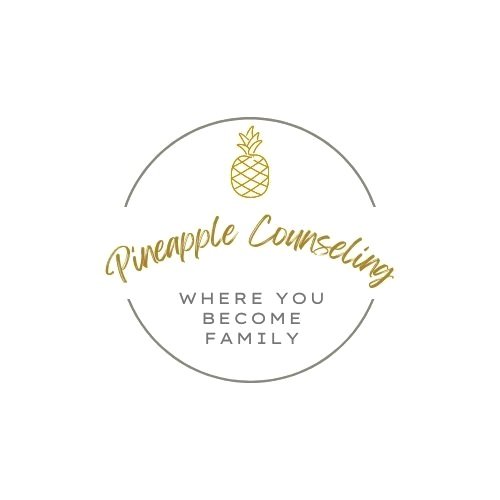Counseling for Learning Disabilities in Flower Mound and Southlake, TX
Counseling for learning disabilities is a specialized form of counseling that focuses on supporting individuals with learning disabilities. Learning disabilities are neurodevelopmental conditions that affect a person's ability to acquire, process, or use information effectively. These disabilities can impact various areas such as reading, writing, math, and problem-solving skills. Counselors who specialize in work with learning disabilities, help to address the emotional, psychological, and social challenges that individuals with learning disabilities may face.
Here are some key aspects of learning disability counseling:
Assessment and Diagnosis: Counselors often work with educational psychologists or other specialists to assess and diagnose learning disabilities. They gather information about an individual's cognitive abilities, academic performance, and other relevant factors to understand the specific challenges the person is facing.
Individualized Support: Once a learning disability is identified, counselors work with the individual to develop personalized strategies and interventions that cater to their unique strengths and weaknesses. This might involve using different learning techniques, accommodations, or assistive technologies.
Emotional and Psychological Support: Learning disabilities can lead to feelings of frustration, low self-esteem, anxiety, and depression due to struggles in academic and social settings. Counselors help individuals address these emotional challenges by providing a safe space to express their feelings, learn coping strategies, and build self-confidence.
Skill Development: Counselors who work with learning disabilities, assist individuals in developing specific skills, such as time management, organization, study skills, and self-advocacy. These skills can empower individuals to navigate educational and work environments more effectively.
Communication with Schools and Employers: Counselors often collaborate with educational institutions, employers, and other relevant parties to ensure that appropriate accommodations and support are provided. They may assist in creating Individualized Education Plans (IEPs) or 504 Plans for students, as well as advocating for workplace accommodations.
Goal Setting and Future Planning: Counseling for learning disabilites can also involve helping individuals set realistic goals and plan for their future. This might include discussing career aspirations, educational pursuits, and strategies for overcoming challenges.
Family Support: Counselors may work with families to help them understand their loved one's challenges and strengths. This can lead to better family dynamics and more effective support systems.
Advocacy: Counselors often play a role in advocating for the rights and needs of individuals with learning disabilities in various contexts, including education, employment, and community settings.
Collaboration: Counselors who work with learning disabilities often work as part of a multidisciplinary team, collaborating with educators, therapists, medical professionals, and other specialists to ensure comprehensive support.
It's important to note that counseling for learning disabilities requires a deep understanding of learning disabilities, as well as effective communication and counseling skills. If you or someone you know is in need of counseling for a learning disability, it's recommended to seek out professionals who have experience and expertise in this area.
